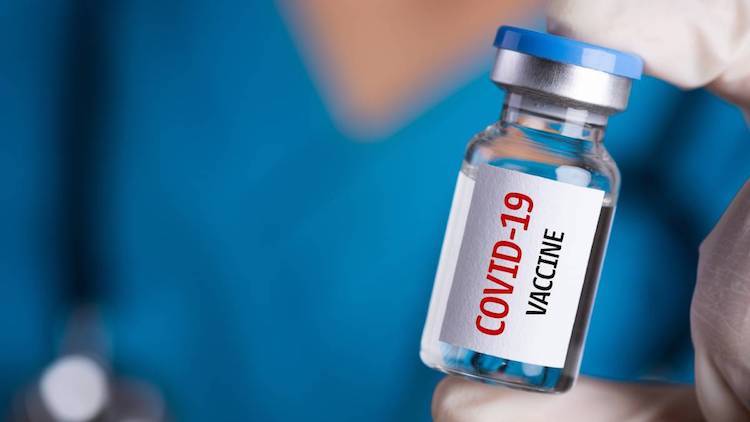- Home
- The Feature
- Scam Warning: Don’t Be Tricked By Fake COVID-19 Vaccine Offers

Scam Warning: Don’t Be Tricked By Fake COVID-19 Vaccine Offers
Even with attempts from the government with continued added vaccine sites and additional appointment opportunities, Arizona residents have expressed disappointment and frustration in failed attempting to schedule and receive the COVID-19 vaccination. While thousands anxiously await their opportunity, the door is open for residents to be taken advantage of by a new crop of scams that are exploiting the process.
The FBI, the Office of Inspector General at the Department of Health and Human Services and the Better Business Bureau are sending out the message to eager consumers the need to be cautious.
The warning comes in various forms such as fraudulent vaccination schemes circulating through telemarketing calls, text messages, social media platforms, and even door-to-door visits. People are eager to get the vaccine and won’t necessarily think twice about the importance to protect themselves and their families. But scammers are relentless and will take advantage of that.
Now that the COVID-19 vaccine is being distributed, a number of scams are coming along with it. Here are seven of the most common ones:
- Paying for the vaccine. One of the most prominent scams that residents are seeing are the scammers are asking you to pay for the vaccine. COVID-19 shots are completely free, there should never be a cost involved with the vaccine, so don’t pay for it!
- Secure a spot in line. A red flag that you are being scammed is the enticing opportunity to pay to secure a spot in line. No legitimate source will ask you to pay to gain priority access to the vaccine with any form of payment.
- Pay to ship the vaccine to your house. Red alert, this is not allowed. However, that isn’t stopping scammers from spreading the misinformation on social media sites and trying to take advantage of earning some cash. This is completely false, as you are not able to get the vaccine shipped to your home, there is no verified way and no legitimate source will offer that to you.
- Share your personal information. A scam caller will claim to be a medical representative, asking for personal information such as your Social Security number, bank account information, or credit card number to gain access to the vaccine or speed up the process. This is a red flag! No legitimate resource will call you and ask for your personal information.
- Posting vaccination card online. Many of our friends and family have already done this in the last few weeks. The BBB is warning not to post your vaccination card on social media. Sharing this sensitive information opens the door to identity theft concerns. It is handing scammers a way to replicate fake versions of the vaccine cards.
- Do not respond to text messages or emails about the vaccination. Do not open hyperlinks via text or email about the vaccination from unknown individuals. Be wary of any unsolicited calls or visitors offering vaccinations, COVID-19 tests, or pandemic supplies. If you receive a suspicious call, hang up immediately. Do not engage, sign up or engage in the process.
- Ignore social media advertisements. This includes also ignoring messaging tools, like Facebook Messenger. Do not read, click or trust advertisements or offers for vaccinations or COVID-19 treatments via social media.
The vaccine registration process may vary throughout the counties in the state, so contact the Arizona Department of Health Services or your health care provider to securely book a COVID-19 vaccination appointment. If someone reaches out to you to set up an appointment, verify who that person is before giving any personal information.
Remember and sharing these tips to protect your pocketbook and privacy during this pandemic.
